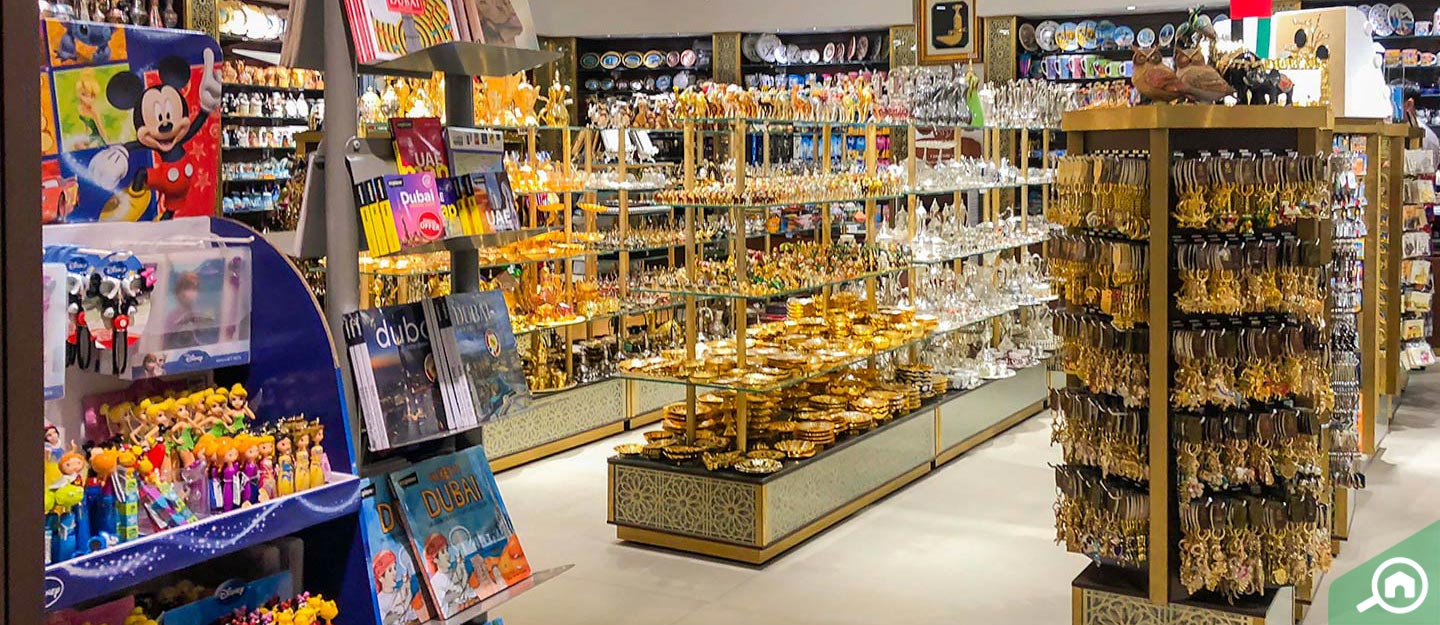Souvenir Shops

In the bustling streets of tourist hotspots around the globe, among the aroma of street food and the chatter of different languages, one can often find a beacon of nostalgia and cultural immersion: the souvenir shop. These seemingly humble establishments hold a treasure trove of mementos, each one encapsulating a moment, a memory, or a cultural tradition. From keychains to intricately crafted ornaments, souvenir shops offer a glimpse into the heart of a destination, weaving together the threads of history, tradition, and modernity.
Origins and Evolution
The concept of souvenir-giving dates back centuries, with travelers often bringing back tokens from their journeys as keepsakes or gifts for loved ones. However, the modern souvenir shop as we know it today emerged during the 19th century, coinciding with the rise of tourism and the advent of mass-produced trinkets. Initially, these shops primarily offered items such as postcards, small sculptures, and local handicrafts.
Over time, the souvenir industry has evolved dramatically, reflecting changes in travel patterns, consumer preferences, and global commerce. Today, souvenir shops cater to a diverse range of tastes and interests, offering everything from traditional handicrafts to trendy pop culture merchandise. Whether it’s a miniature replica of a famous landmark or a t-shirt emblazoned with local slang, souvenir shops strive to capture the essence of a destination while appealing to the modern traveler.
Cultural Reflections
At their core, souvenir shops serve as repositories of culture, offering visitors a tangible connection to the places they have visited. Each item on display tells a story, whether it’s rooted in centuries-old traditions or contemporary trends. For many travelers, purchasing a souvenir is not just about acquiring an object but also about commemorating an experience and preserving a memory.
Moreover, souvenir shops play a vital role in preserving and promoting local craftsmanship and heritage. Many items found in these shops are handmade by artisans using traditional techniques passed down through generations. By supporting these artisans, travelers contribute to the preservation of cultural traditions and help sustain local economies.
The Art of Souvenir Shopping
Navigating a souvenir shop can be an adventure in itself, as visitors are greeted with an array of choices, each offering a glimpse into the soul of a destination. From kitschy trinkets to exquisite artworks, the possibilities are endless. However, amid the sea of souvenirs, discerning travelers seek out items that resonate with them personally, reflecting their interests, tastes, and memories of their journey.
For some, the perfect souvenir may be a culinary delight—a bottle of locally produced wine, a box of artisan chocolates, or a jar of exotic spices. Others may gravitate towards items that showcase the destination’s artistic heritage, such as hand-painted ceramics, intricately woven textiles, or finely crafted jewelry. Ultimately, the best souvenirs are those that evoke fond memories and spark joy every time they are admired or used.
Ethical Considerations
While souvenir shopping can be a delightful experience, it’s essential to be mindful of the ethical implications of our purchases. In recent years, there has been growing awareness about the negative impact of mass tourism on local communities and the environment. As such, responsible travelers are increasingly seeking out souvenirs that are ethically sourced, environmentally friendly, and support local artisans and businesses.
One way to ensure ethical souvenir shopping is to prioritize items that are handmade by local artisans using sustainable materials and practices. By doing so, travelers can contribute to the preservation of traditional craftsmanship while minimizing their environmental footprint. Additionally, supporting fair trade initiatives and community-based tourism projects can help empower local communities and promote sustainable development.
The Future of Souvenir Shops
In an age of digital nomadism and virtual experiences, the role of souvenir shops may evolve in unexpected ways. While the allure of physical mementos will always hold a special place in the hearts of travelers, technological advancements may offer new avenues for capturing and sharing memories. Virtual reality souvenirs, personalized digital artworks, and blockchain-based collectibles are just a few examples of how souvenirs may adapt to the digital age.
However, despite these changes, the essence of souvenir shopping—capturing memories, celebrating culture, and forging connections—will remain timeless. Souvenir shops will continue to serve as portals to the soul of a destination, inviting travelers to embark on a journey of discovery and reflection with each trinket they acquire.
Conclusion
In a world where time seems to move ever faster, souvenir shops offer a moment of pause, a chance to reflect on the places we’ve been and the experiences we’ve shared. Whether it’s a simple keychain or a handcrafted masterpiece, each souvenir carries with it a piece of the journey—a memory to be cherished, a story to be told. As we wander through the aisles of these treasure troves, let us not only collect mementos but also savor the moments they represent and the connections they inspire. After all, in the tapestry of travel, it is often the smallest threads that weave the most unforgettable memories.





